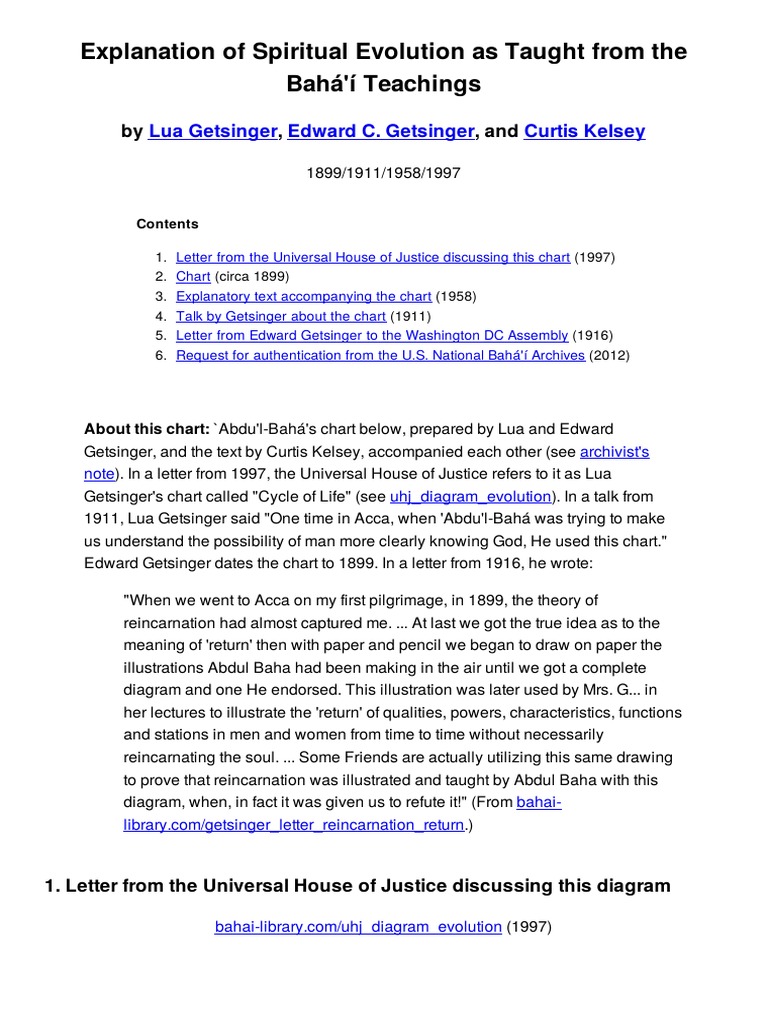In the labyrinthine paths of human belief and spirituality, the transition from one faith to another often mirrors a profound metamorphosis. Such is the journey from Methodist Christianity to the Bahá’í Faith, a transition not solely marked by a change in doctrine but also characterized by a rich reawakening of the spirit. The teachings of Bahá’u’lláh serve as the nucleus of this spiritual rebirth, offering a fresh perspective on the divine and humanity’s role within the cosmic framework. This exploration delves into the nuanced aspects of this transition, illustrating the transformative elements embedded in Bahá’í teachings.
Firstly, it is essential to comprehend the foundational dogmas of the Methodist tradition. Rooted in the teachings of John Wesley, Methodism emphasizes personal piety, social justice, and a robust faith grounded in scripture. Central to this tradition is the concept of grace—a divine favor bestowed upon individuals, facilitating a personal relationship with God. Within this ecclesiastical milieu, followers develop a distinctive spiritual identity. However, even among devout Methodists, a longing for deeper truths can arise, often leading them to search beyond conventional theological boundaries.
As one begins to explore the Bahá’í Faith, they encounter a kaleidoscope of teachings that challenge and expand upon the principles familiar from Methodism. At the heart of the Bahá’í teachings is the principle of the oneness of God and the unity of all religions. This doctrine posits that all major world religions originate from a single divine source, each providing successive revelations tailored to humanity’s evolving spiritual and social needs. This perspective fosters a sense of inclusiveness and interconnectedness, transcending sectarian divisions.
Moreover, Bahá’í teachings emphasize the oneness of mankind. In a world fragmented by ethnic, national, and religious strife, the Bahá’í message advocates for global unity and cooperation. This starkly contrasts with the more localized and often sectarian focus found in some Methodist teachings. Adopting this universal perspective encourages adherents to view themselves as citizens of a global community, engaged in collective humanitarian efforts. This global consciousness can be a resounding affirmation for those weary of divisiveness and seeking a holistic understanding of humanity’s shared destiny.
As one immerses in the principles of the Bahá’í Faith, they are also introduced to the concept of progressive revelation. This doctrine posits that spiritual truth is revealed progressively over time, introducing new understandings appropriate to humanity’s maturity. This idea resonates deeply with those from a Methodist background, particularly as it aligns with the notion of spiritual growth and ongoing enlightenment. Bahá’u’lláh, regarded as the latest of God’s messengers, provides revelations that encapsulate both the essence of earlier teachings and their contemporary application in today’s world.
Furthermore, the teachings of Bahá’u’lláh emphasize the importance of individual spiritual development. This notion stands as a rallying point for those transitioning from Methodism—where personal faith and communal worship coexist. Bahá’í writings encourage personal reflection, prayer, and meditative practices aimed at cultivating a profound internal relationship with the divine. The emphasis on self-examination is particularly significant as it invites followers to engage in a sincere and transformative journey toward spiritual enlightenment.
In addition to personal spirituality, the Bahá’í Faith champions the concept of service to humanity as a form of worship. This powerful integration of action and devotion places a significant focus on the betterment of society. For many Methodists, who place a premium on social justice, this aspect of Bahá’í teachings may resonate profoundly, inviting them into active participation in causes that exemplify their moral and ethical convictions.
Moreover, the Bahá’í community operates within the framework of consultation—an inclusive and democratic process whereby individuals collaboratively seek solutions to challenges. This method not only fosters a sense of belonging but allows for a collective wisdom to emerge, drawing from the diverse experiences of members. This contrasts with formalized church hierarchies often associated with Methodism, wherein decision-making may not always engage the broader community.
Another pivotal aspect of the Bahá’í Faith is its unequivocal commitment to gender equality. The teachings advocate for equal rights and opportunities for all individuals, regardless of gender. This radical and progressive stance aligns with the contemporary ethos of social equity and can be particularly compelling for those with a Methodist background who may have encountered patriarchal structures in their religious experiences. Bahá’í teachings advocate for the empowerment of women as partners in the spiritual and social realms, emphasizing that the advancement of society is intrinsically linked to the elevation of women.
Furthermore, the exploration of Bahá’í scriptures provides another avenue for deepening understanding and engagement. The diverse writings, including those of Bahá’u’lláh, ‘Abdu’l-Bahá, and Shoghi Effendi, offer rich insights into spiritual principles, social teachings, and practical guidance for daily life. This engagement with sacred texts allows for a continuous deepening of one’s spiritual comprehension and practice, serving as a catalyst for personal transformation.
In conclusion, the transition from Methodism to the Bahá’í Faith can be envisioned as a spiritual rebirth. It is a journey marked by the embrace of new truths, the cultivation of inner spirituality, and an unwavering commitment to global unity and social justice. Bahá’í teachings, rich in their complexity and depth, provide a nurturing environment for those seeking a more profound understanding of their spiritual path. It is a call to action, a beckoning towards collective engagement in the betterment of humanity, and a radiant affirmation of the interconnectedness of all life. For those willing to embark on this transformative journey, the Bahá’í Faith offers a refreshing and profound encounter with the divine and an expansive vision of humanity’s potential.
